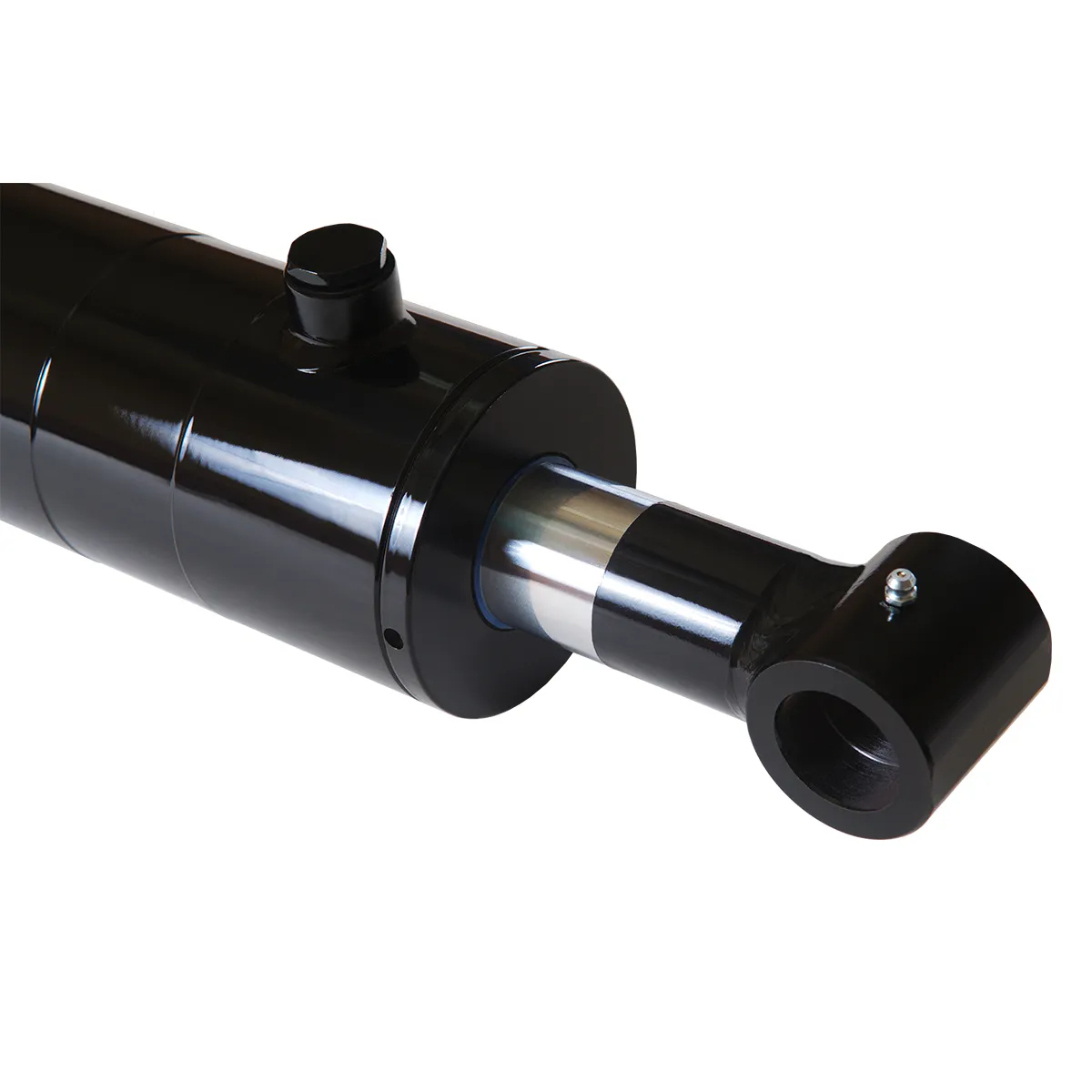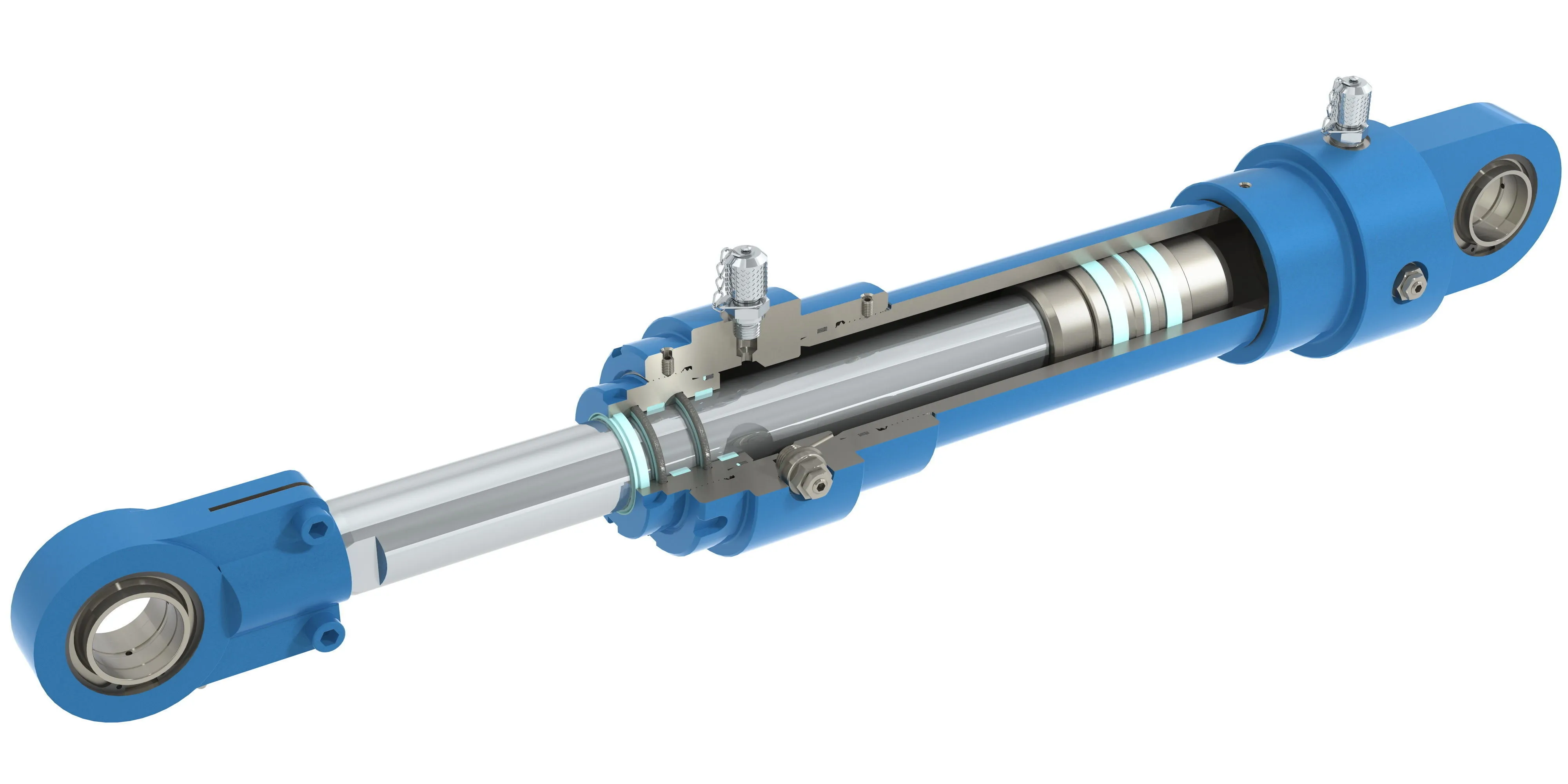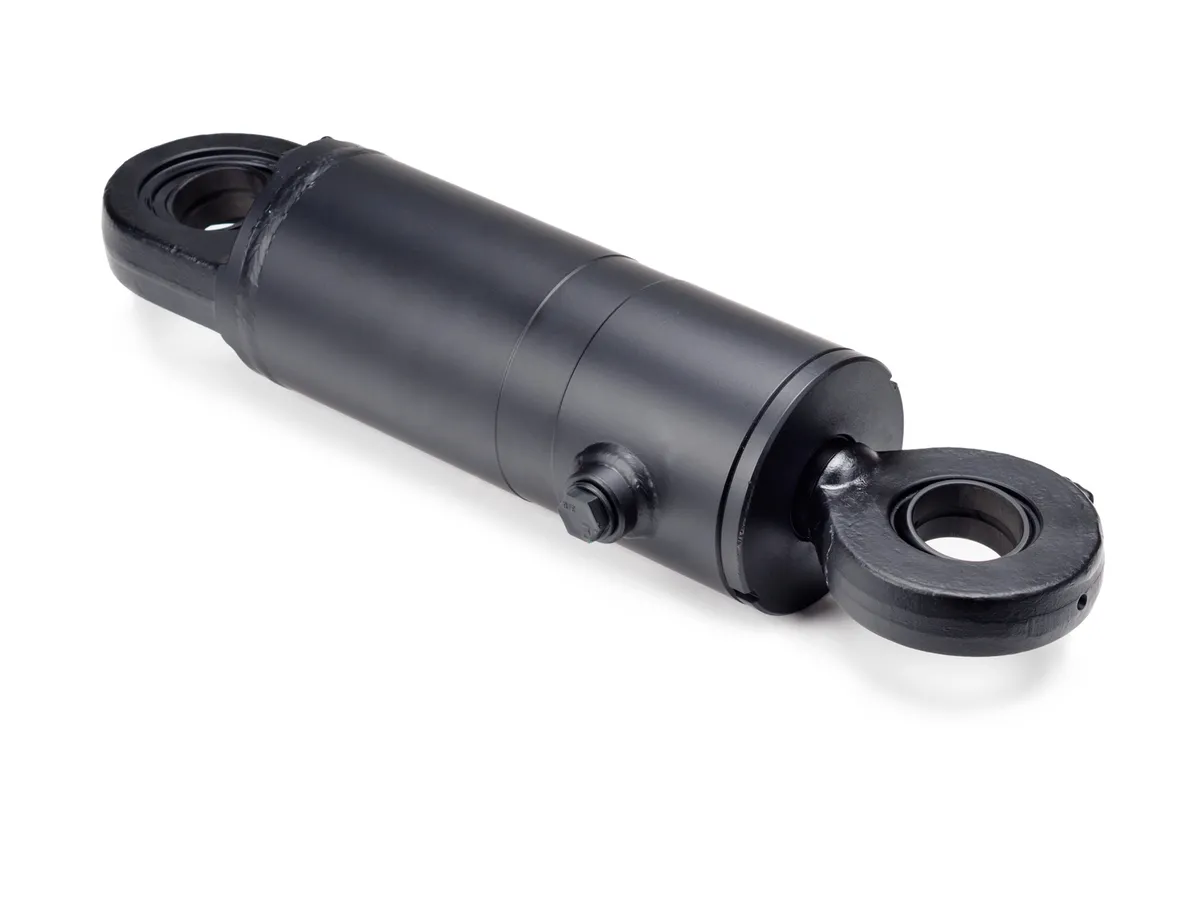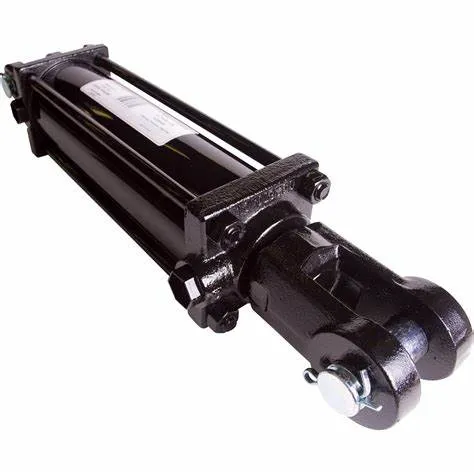Telescopic Single-Acting Hydraulic Cylinder For Waste Management
When it comes to waste management, efficiency and reliability are key factors in ensuring smooth operations. Telescopic single-acting hydraulic cylinders play a crucial role in this industry, providing the necessary force and versatility for various applications. In this article, we will explore the design, working principle, advantages, applications, maintenance, and safety considerations of telescopic single-acting hydraulic cylinders specifically for waste management.
Design and Construction Characteristics
- Structure: Telescopic single-acting hydraulic cylinders consist of main components such as the outer cylinder, internal stages, piston, and seals. The internal stages allow gradual expansion, typically in a two- or three-stage design.
- Materials: These cylinders are constructed with high-strength steel for durability, aluminum for lightweight applications, and corrosion-resistant coatings for longevity.
Working Principle
The telescopic single-acting hydraulic cylinder works by applying hydraulic pressure in one direction to extend the length from a compact form. The spring or gravity then contracts the cylinder, allowing for efficient operation in waste management processes.

Types and Configurations
There are three main types of telescopic single-acting hydraulic cylinders for waste management applications, each offering unique features and benefits. These configurations cater to specific needs in the waste management industry.
Advantages
- Space Efficiency: These cylinders can expand significantly while remaining compact when contracted, making them ideal for waste management equipment with limited space.
- High Force Output: They can generate large amounts of force, essential for lifting and moving heavy waste materials efficiently.

Application Scenarios

Telescopic single-acting hydraulic cylinders are commonly used in waste compactors, garbage trucks, and recycling equipment due to their space-saving design and high force output capabilities.
Design Considerations and Selection Criteria
When selecting telescopic single-acting hydraulic cylinders for waste management applications, it is essential to consider factors such as bearing capacity, sealing, durability, safety, and maintainability to ensure optimal performance and longevity.
Sealing and Lubrication
Proper sealing and lubrication are essential for the efficient operation of telescopic single-acting hydraulic cylinders. Regular maintenance, including seal replacement and lubrication, is crucial to prevent leaks and ensure smooth functionality.
Maintenance and Safety
Regular inspection and preventive maintenance measures are necessary to ensure the safety and reliability of telescopic single-acting hydraulic cylinders in waste management applications. Safety considerations and environmental factors should also be taken into account to prevent accidents and minimize environmental impact.
Unit Power and Optimization
The unit power of telescopic single-acting hydraulic cylinders plays a significant role in their performance. Factors such as cylinder diameter, operating pressure, piston speed, and load conditions affect the power output. Optimizing the power unit can improve efficiency, energy savings, and reliability in waste management operations.

Common Questions
1. How does a telescopic single-acting cylinder differ from a standard hydraulic cylinder?
2. What are the primary components of a telescopic single-acting hydraulic cylinder?
3. In which applications are telescopic single-acting cylinders commonly used?
Long-Tail Keywords
- Telescopic Single-Acting Hydraulic Cylinder Efficiency
- Reliable Telescopic Single-Acting Cylinder Design
- Customized Telescopic Single-Acting Cylinder Solutions
Our Company
We are a leading hydraulic cylinder replacement manufacturer specializing in telescopic single-acting hydraulic cylinders for waste management applications. With a complete product line, international certifications, customized services, state-of-the-art production equipment, and reliable after-sales support, we strive to meet the needs of our customers in the waste management industry.
Author: lyl
